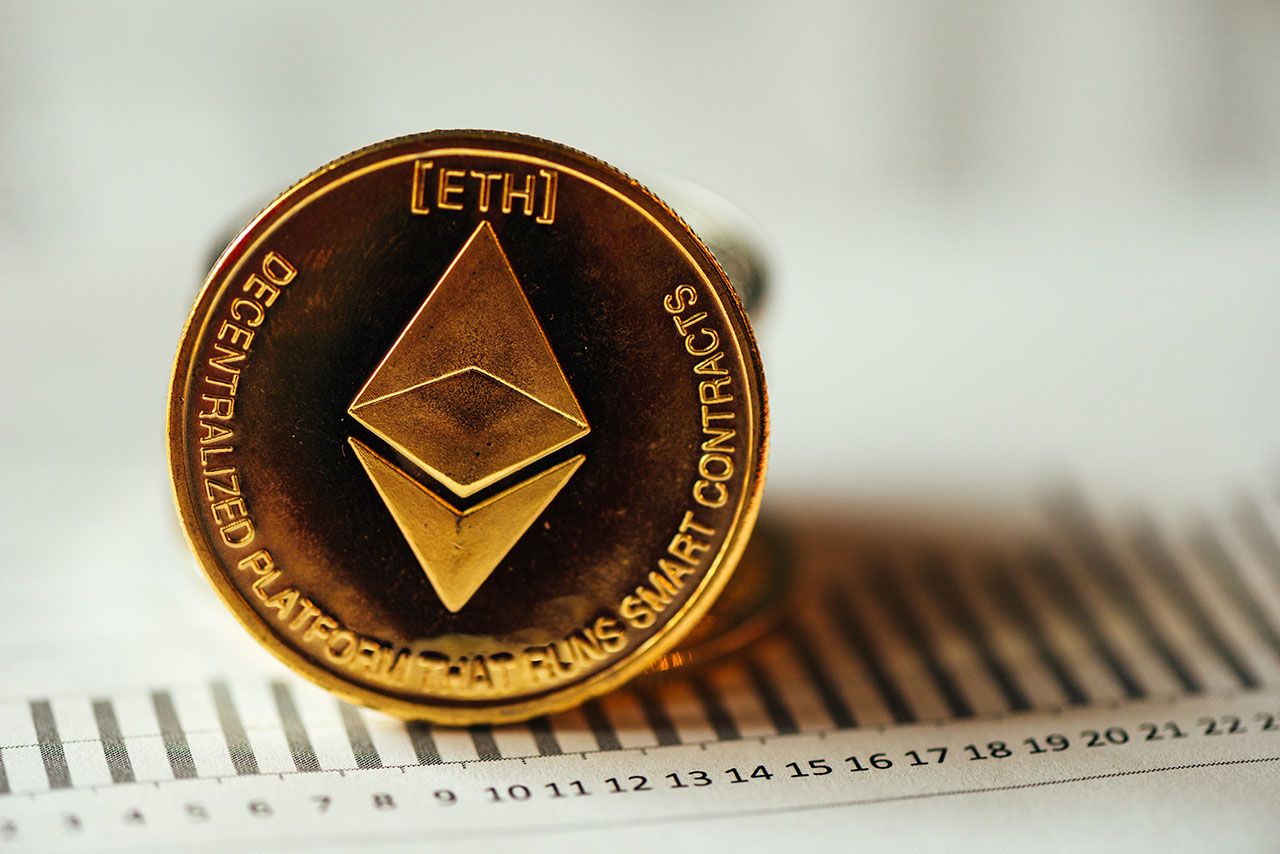Ethereum is a decentralized and open blockchain platform that anybody can use to run decentralized and open apps. Ether, the commodity used to compensate miners for confirming transactions on the blockchain, powers this platform.
Ethereum is used in many creative services in finance, internet browsing, gaming, marketing, identity authentication, and supply chain management because of its groundbreaking mix of features, including smart contracts. Today, we’ll discuss seven use cases of Ethereum.
1. Decentralized Finance (DeFi)
The term decentralized finance refers to financial products and services readily accessible to anyone who can utilize Ethereum. It’s among Ethereum’s most intriguing real-world applications. Smart contract-based loans, stablecoin minting, and decentralized exchanges are examples of this.
With DeFi, no agency can refuse permissions to anything or prevent payments, and marketplaces are always available for users. Anyone can check the codes, and because services have become automated and controlled by code, there is no risk of human error.
One significant project in this field is “MakerDAO,” which has allowed the construction of a stablecoin (DAI) that is supported by Ether and always represents $1 thanks to the usage of complex Ethereum smart contracts.
2. Decentralized Autonomous Organizations (DAOs)
Decentralized autonomous organizations are blockchain-based organizations that function without a central authority. They are managed by users and run on smart contracts. DAOs are based on the internet and include built-in treasuries that can only be accessed with the group’s consent.
There is no CFO or CEO, and the DAO code contains the rules that regulate their spending. The codes and all of its activities are open to the public, and they follow a democratic structure. DAOs were among the initial Ethereum breakthroughs, and they continue to be prominent in today’s world.
Several DAOs nowadays, such as MetaCartel and MolochDAO work in a similar way to the first DAO, aggregating user cash to provide grants to Ethereum businesses.
3. Means of Payment
Contrary to popular belief, not only is Bitcoin suited for processing payments, but Ethereum is also making significant strides in this area. Ethereum’s smart contract capability allows users to exchange everything valuable without the danger of risks.
Ethereum enables the transactions to be created in the form of a computer code instead of establishing a formal pact among two parties.
So, in the event that you want to acquire something, the vendor can enter into an arrangement for a smart contract with you to ensure that the outcomes of both parties are met.
4. Applications in Healthcare
Ethereum is attempting to completely transform the healthcare sector. All hospital facilities around the world will be able to access, save, and distribute their patients’ records by using the platform. This could be beneficial in the near future when developing vaccines to combat viral epidemics. That’s not all. Wearable gadgets can also be used by Ethereum to store crucial data.
Suppose the information your smartwatch collects on a daily basis is automatically exchanged with every hospital. Trends in medical illnesses such as heart disease and strokes could be discovered this way, and you could be informed even before they occur. This will be made feasible by Ethereum, which may one day save people as well.
5. NFTs
Non-fungible tokens can be defined as digital assets that are one-of-a-kind, indestructible, and observably scarce. They are valuable in gaming, artwork, and guaranteeing the authenticity of luxury products.
The hype surrounding NFTs started in 2017 with the release of CryptoKitties’ virtual cat collectibles, but the technology’s uses have evolved swiftly ever since. They are protected by the Ethereum blockchain and it can have only one owner at any given moment.
A second NFT cannot be created by copying the first one and no two NFTs may be identical. They work with everything that is created on the Ethereum network. NFTs can be sold at any place, and their holders have worldwide market access.
6. Digital Identity
In the last five decades, the way we define ourselves has not changed much. We are still using passports, which are made using paper and must be carried with us at all times. One of the major reasons why humans haven’t switched to a digital system is that governments find it difficult to verify the legitimacy of an online document.
However, Ethereum has simplified the process. It is easy to validate data in a transparent and unbiased way with Ethereum. As a result, the platform could be used to construct a system of digital identification. Several businesses are already attempting to make that happen.
7. Data storage
Companies like Microsoft and Dropbox store massive volumes of data in server farms, which is a structure that houses hundreds of servers that are being used to store data. The issue with server farms is that they concentrate a significant portion of a company’s storage space in one location.
As a result, if the company is damaged by a natural catastrophe or a terrorist strike, it could suffer significant damages. Ethereum, which allows for digital storage, could be a potential alternative for this.
The Ethereum blockchain technology, which can be used to swiftly encrypt and move data across thousands of servers, is emerging as a more viable data storage option.
Final Verdict
Ethereum provides utility and creates value in a wide range of industries. From healthcare to music to real estate, new solutions based on the protocol are being developed to improve efficiency, and trustworthiness, and democratize access to different kinds of services.
Ethereum is expected to overtake Bitcoin over the next few years as a result of its vast range of uses and can be taken up for adoption by huge corporations such as Google and Facebook.



